Environmental Integration on ...
Online Conference
10 Apr 2025 / 12 Apr 2025 read more

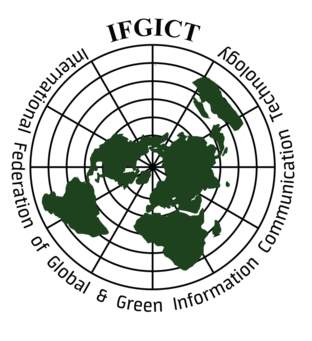
IEREK is an official partner of IFGICT membership numberAG05082Z18
Sustainable Urban and Community development Institute
To participate from China, please contact IEREK
Professor Ferdinando Trapani
Urban Planning Department of Architecture Polytechnic School University of Palermo, Italy
Professor Antonella Falzetti
Associated professor of Architecture and Urban Design ( ICAR14) at Civil engineering and Computer engineering Department (DICII). The University of Rome “Tor Vergata”.
Prof. Ferdinando Trapani,
University of Palermo, Department of Architecture, Viale delle Scienze, Palermo, Italy
Dr. Nabil Mohareb,
Beirut Arab University, Faculty of Architecture- Design & Built Environment, Beirut, Lebanon
Prof. Dr. Federica Rosso,
Sapienza University of Rome, Department of Civil, Construction and Environmental Engineering, Rome, Italy
Prof. Dr. Denia Kolokotsa,
Technical University of Crete, Environmental Engineering Department, Crete, Greece
Dr. Sreetheran Maruthaveeran,
Department of Landscape Architecture, Faculty of Design & Architecture, Universiti of Putra, Malaysia
Marina Monir
Conference Coordinator
[email protected]
(+2) 02 33037810 | (+2) 03 5763828
+201093188470
Subscribe to our newsletter
The 3rd International Conference on “Green Urbanism (GU)” was held in the Department of Engineering in University of Rome Tor Vergata, Rome, Italy over a period of three days, from the 11th of December to the 13th, 2019. Discussing the importance of Sustainable Development by providing solutions towards zero-waste cities, the Green Urbanism conference, for the third time, has successfully established a platform for stakeholders, architects, designers, urban and transport planners, economists and more to contribute to benefit the environment through topics of:
And more.
Attending from different parts of the globe, the third version of the Green Urbanism conference has received the interest and been enriched with the attendance of Authors, Coauthors and Audience members from diverse countries such as Germany, United States, Saudi Arabia, Argentina, China, India, Libya, Algeria, Albania, Egypt, Italy and more. A great way to meet new people in the field, gain more knowledge on the latest trends and involve oneself in future research and projects.

The opening session of the conference was initiated by introductory speeches from:
Professor Antonella Falzetti, Associate Professor, Civil engineering and Computer engineering Department, University of Rome “Tor Vergata”, Italy.
Chairperson, Prof. Ferdinando Trapani, Urban Planning Department of Architecture Polytechnic School University of Palermo, Italy
Dr. Mourad Amer, and a presentation by IEREK’s General Director,
Arab Hoballah, chairman of LivCom jury &Former chief SCO UNEP
Plenary Session | Keynote speakers speeches
Prof. Luca Lanini, Associate Professor, Department of Energy, Systems, Land and Construction Engineering, the University Of Pisa “Colonizing the Big Wide Open. Green Cities and Agro Cities in the USS”
Prof. Gioia Gibelli, Professor at PoliMI in Landscape Ecological Planning, consigliere Parco Lombardo del Ticino, President of Siep-Iale, Italy “Green and blue infrastructures for the city-land”
Sessions were professionally moderated by Professors:
Then the Parallel Sessions started with the first two sessions till the end of day 1, which are:
Session 1: Energy Efficiency and Passive Design Building
Session 2: Governance and Education for Sustainable Cities

From the start of the 2nd day, remaining authors (researchers) continued presenting their research papers of the first two sessions till the Lunch Break and then continued with the second two sessions, which are:
Session 3: Resources and Waste Management
Session 4: Sustainable Infrastructure and Mobility


The third day started with continuing the authors’ presentations of the second two sessions.
The rest of the day continued as following:
The third keynote speaker speech from Prof. Alessandra Battisti, Professor of Environmental Design and Technology of Architecture, Sapienza University, Italy
Starting the closing remarks with a word of Professor Ferdinando Trapani (Chairperson) and Professor Antonella Falzetti (head of the scientific committee), Dr. Mourad Amer and DR. Hoballah
Then we started with the award Ceremony of the Livcom award & the GU conference (SUSI award)
After that, the authors had received their certificates.
We ended the third day with a group photo of the whole participants and a lunch break to have a light ending.

IEREK organizes this conference to deal with cross-cut issues in architecture and urban design and addresses the question of the ways we can best and cohesively integrate all the aspects of energy systems, transportation systems, waste and water management and passive and active strategies into contemporary urban design and improved environmental performance of our cities.
The significance of this conference lies in the pressing need for the integration of sustainability principles in the urban design process of cities and the general need for sustainable development. It will be of particular relevance to the rapid urban growth of developing cities. The conference also provides a context for a general debate about the regeneration of the periphery, peri-urban fringes (and city center) as a catalyst for energy and skills, and discusses how green urbanism is affected by the paradigms of ecology.
As a means of contributing to the united nations 2030 stainability goals, IEREK was honored to provide the international LivCom awards at the GU conference 3rd edition with the presence of 22 mayors represent 22 different governments from all over the world.


Following the success of the previous editions launched in 2016 and 2018. The 3rd International Conference “Green Urbanism (GU)” will be held this year (2019) in association with Università degli Studi di Roma "Tor Vergata" in Rome, Italy.
The conference aims to achieve sustainability and resilience of urban environments as those are the key challenges of our time. This conference is a way to deal with limited resources as well as the need for adaptation to the effects of a changing climate and urban environments as they are increasingly questioning the sustainability and resilience of urban environments and infrastructure systems.
The world is in the midst of a disturbance of a growing, consuming population, and environmental degradation, which produces many environmental challenges such as global climate change, excessive fossil fuel dependency and the growing demand for energy, all likely to be major challenges and ones of the greatest problems facing humanity nowadays. The majority of the world cities are confronted with similar and comparable challenges, including for instance increases in resource consumption, mobility demand, pollution, urban sprawl, social inequities, and erosion of fertile topsoil and depletion of ecosystems. Since its early days, the discourse around “smart cities” has included environmental sustainability as one of its core principles.
In this context, urban design is the fundamental principle of how to shape our cities. Because almost half of the energy consumed is used in cities and urban built-up areas, it is necessary to avoid mistakes in urban design at early stages in order to own more sustainable cities. Green Urbanism reflects upon practical strategies focusing on increasing sustainability beyond and within the scope of individual buildings.
The conference discusses how urbanism is affected by the paradigms of ecology and how smart and green concepts, systems, and interventions could truly constitute to the construction, management, operation and maintenance of sustainable and resilient urban cities, in the framework of both new urban developments and the transformation of existing urban environments.
The significance of this conference lies in the pressing need for the integration of sustainability principles in the urban design process of cities and the general need for sustainable city development. It will be of particular relevance to the rapid urban growth of developing cities. As with the conference theme, the metaphor of green urbanism should inspire our imagination and reflection toward sustainable and resilient urbanism.
IEREK organizes this conference to deal with cross-cut issues in architecture and urban design and addresses the question of the ways we can best and cohesively integrate all the aspects of energy systems, transportation systems, waste and water management and passive and active strategies into contemporary urban design and improved environmental performance of our cities.
| Title | Date |
|---|---|
| Abstract Submissions Deadline | 06 Jul 2019 |
| Last Notification for Abstract Acceptance | 13 Jul 2019 |
| Full Paper Submission Deadline | 29 Sep 2019 |
| Last Notification for Full-Paper Acceptance | 29 Oct 2019 |
| Early Payment Deadline | 11 Sep 2019 |
| Regular Payment Deadline | 11 Oct 2019 |
| Late Payment Deadline | 12 Dec 2019 |
| Letter of Visa (for delegates who need visa entry) | 11 Oct 2019 |
| Letter of Final Acceptance | 11 Oct 2019 |
| Conference Program | 10 Nov 2019 |
| Conference Launch | 10 Dec 2019 |
Instructions
- Each research paper should have one main author who should pay the full fee (Author fees) regardless of attendance.
- Each co-author (1-5 max) has his/her own separate fees to pay as shown in a table below.
- A research paper fee allows only one author, whether main or co-author, to attend the conference and receive only one copy of the conference proceedings book in both hard and soft copies. Extras can be requested for a fee shown below.
Loyalty Membership Discounts
The more you attend, the more you're rewarded!
IEREK offers its loyal participants with the following discounts depending on his/her attendance:
|
Attendance |
Second |
Third |
Fourth |
Fifth |
|---|---|---|---|---|
|
Discount |
5% |
10% |
15% |
20% |
*The aforementioned discounts are only applicable during Regular and Late Payment times. For more information, please refer to 'Important Dates'.
Conference Fees:
|
Author Fees (Short Paper) |
|
|---|---|
| Author fees for Early Payment | 12th September 2019 | EUR 250 |
| Author fees for Regular Payment | 12th October 2019 | EUR 300 |
| Author fees for Late Payment | 11th November 2019 | EUR 400 |
|
Author Fees (Full Paper) |
|
|---|---|
| Author fees for Early Payment | 12th September 2019 | EUR 400 |
| Author fees for Regular Payment | 12th October 2019 | EUR 500 |
| Author fees for Late Payment | 11th November 2019 | EUR 600 |
| Regular Attendance Fees | |
|---|---|
|
Fees for Audiences (Co-authors, Learners, and Interests) |
EUR 250 |
|
Fees for Non-Attending Co-Authors |
EUR 50 |
| Extra Fees | |
|---|---|
| Additional Conference Book (Hard copy + CD) | EUR 100 |
|
Springer/Journal Publication (Extended Paper) * In cases of selection/consideration for publication, short papers must be extended and the additional payment, for extension, completed. |
EUR 200 |
Important Note:
IEREK has an unyielding policy regarding plagiarism. We believe that copying/taking the ideas and work of other Authors without permission and credit, is fraudulent.
The Reviewing committee and IEREK employees have the authority to reject a paper during its reviewing process, on the basis of the paper being subjected to either minor or major plagiarism.
Duplicating any content will lead to the paper’s refusal upon the complaint of the plagiarism victim.
Authors are respectfully requested to abide by the following steps/instructions in order to participate in the "Green Urbanism 3rd Edition" international conference and get their papers published...
Step 1: Abstract Submission
- Author (researcher) should submit an abstract file (paper summary) through our online system before the abstract submission deadline.
- Submitted abstract should not exceed 300 words.
- The abstract should clearly state the purpose, results, and conclusions of the work to be described in the final paper.
- You should the most relevant topic to your paper from the conference topics.
- Abstract file should include the author's full name, email address, academic title and affiliation.
- Abstract file should include Co-authors' full name, email address, academic title and affiliation. (if exist)
- The author can use/download abstract writing template to submit the abstract file accordingly (please download from the link provided below).
Step 2: Abstract Review
- Once abstract is submitted abiding the mentioned instructions, it will be sent to undergo revision process by members of our scientific committee, the author will receive abstract feedback and next step action by email within 2 weeks maximum from abstract submission date.
- Once the abstract is accepted, the author will receive abstract acceptance notification by email stating that the abstract is accepted and to proceed with full/short paper submission.
Step 3: Paper Submission
- The author should submit the full/short paper written on the writing template, through our online system before the paper submission deadline (please download the writing template from the link provided below).
- The full/short paper should be written in English as it's the official language of the conference "Green Urbanism 3rd Edition".
- The full paper file shouldn't exceed 12 pages while short paper shouldn't exceed 5 pages.
- The full paper should state the major issue(s) addressed, the potential significance of the work, the theoretical and methodological approach(es) pursued, major findings, conclusions, implications, and relevant scholarly references.
- The short paper should clearly mention the major issue(s), methodological approach(es), major findings, conclusions, and relevant scholarly references.
- The full/short paper must be relevant to the conference theme and must be original as we don't accept research papers with similarity rate of more than 20%.
Step 4: Paper Elementary Review
- Once the full/short paper is submitted abiding the mentioned instructions, it is assigned for review by the reviewers of scientific committee in aligning with IEREK revision SOP (double-blind process).
- The author will receive paper feedback and next step action by email within 1-month maximum from paper submission date.
Step 5: Payment
- Once the paper gets accepted, the author will be informed to pay the conference fees so that it could be sent to another 2 members of the scientific committee in order to provide the author with comments/notes that could improve the paper and push it to the limits.
- As soon as payment is confirmed and done successfully, corresponding official documents can be issued from our side such as paper acceptance letter and invitation letter.
Step 6: Paper Final Review
- The paper will be sent for review by another 2 members of the scientific committee in aligning with IEREK revision SOP (double-blind process). Reviewers' comments/notes will be forwarded to the author in order to modify the full paper accordingly. Then, send us the final version of the paper.
Downloads
Instructions of Short Paper Submissions: Authors whom like to submit short papers should be informed that the structure of a short paper should contain its abstract, keywords, introduction, problem statements and the hypothetical solution along with further studies that they will go through when they want to extend their paper to be published online. A short paper fee doesn’t have a chance to receive any type of discount whatever the authors was previously published with IEREK or the author is one of IEREK’s scientific committee and or a representative of a co- host university. A short paper is only published in the conference proceedings book and will not have a chance to be published online by Springer or by IEREK’s Journals unless the author extends their work to a full length paper and pay the requested fee.
To download Abstract Writing Template, Click Here
To download Paper Writing Template, Click Here
All accepted papers of the third Green Urbanism (3rd GU) after the peer-review process will be either published as chapters in the Book Series “Advances in Science, Technology and Innovation” (ASTI) by Springer or in The International Journal of Academic Research Community Publication (ARChive) online by IEREK Press.

The ASTI Book Series by Springer is by highly professional members of an International Editorial Board to ensure a high-quality publication material to be eventually published online and printable.
The ASTI Book Series will be submitted for indexation in Web of Science (ISI), EI-Compendex, and Scopus databases.
To publish your research in the online Journal or Book by 'Springer' and provide it with world-wide visibility, authors must submit an extended version of their short papers that are 10 -12 pages long.
Note that only authors of accepted papers who will register before the deadline of 12 September 2019 will be allowed to present during the conference sessions (see Important Dates and Conference Fees).
If you are not sure whether you or one of your co-authors will be able to attend the conference, you should bear in mind that there is a fee to be paid for Audiences (Co-authors, Learners, and Interests). The accepted paper will not be included in the conference proceedings without paying the fee (see Conference Fees for more details). A research paper fee allows only one author, whether main or co-author, to attend the conference and receive only one copy of the conference proceedings book in both hard and soft copies. Extras can be requested for a fee shown below.
The proceedings of the 3rd Green Urbanism (3rd GU) will consist of many sections (or Parts), edited by a group of highly esteemed professors from our scientific committee.
As the saying goes,
Alone we can do so little; together we can do so much
Thus, IEREK would like to thank all the following esteemed partners & Sponsors for their cooperation and support which pushes this international event to the limit...

A global publishing company that publishes books, e-books and peer-

The University of Rome Tor Vergata, also known as the University of Rome II, is a public research university located in Rome, Italy. It was established in 1982 with the goal of providing high-quality education for students preparing to meet the ever-evolving needs and opportunities of the 21st-century workforce.
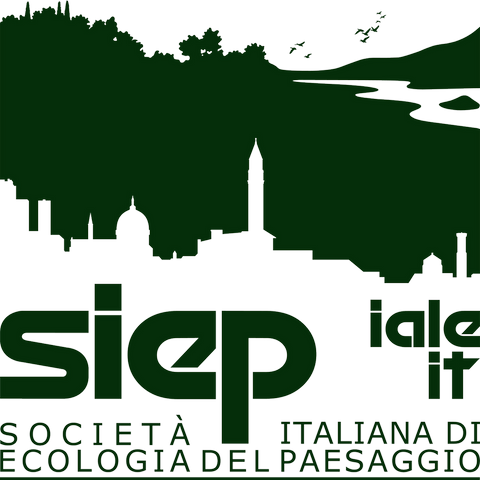
The SIEP-IALE, Italian Society of Landscape Ecology, founded in 1989, represents one of the first active chapter of the IALE (International Association for Landscape Ecology).
The association aggregates all those who are interested or active (scientifically or professionally) in the field of Landscape Ecology with the aim of deepening and updating principles, criteria and methods specific to this discipline. It has extensive networking with other associations, organizations, universities and research institutes dealing with environmental management, planning, and conservation, both nationally and internationally.
Devdiscourse is a global media platform for development news with a focus on Sustainable Development Goals (SDGs) set up by the United Nations General Assembly in 2015 for the year 2030. It was formally launched by Vision RI Connexion Services Pvt. Ltd. on April 10, 2018 and is presently headquartered in Sonepat1, a satellite city of India’s national capital city Delhi.
Visit Website

EIN Presswire has a distribution "foot-print" that includes millions of users of our EIN Newsdesk media monitoring services. They also maintain one of the world's leading media directories providing us with up-to-date contacts for media in every country and U.S. state. Further distribution is achieved via RSS, email, partner websites, and social media.
Visit Website- IEREK provides you the English Review service; where we will be responsible for the language review process of your paper. This service will get your paper revised in terms of grammar, punctuation, and language structure; without changing the scientific content.
- This service will ensure you have the perfect language structure, to get your perfect paper published. This will help you increase the number of citations and make it easier for others access the information provided in your paper.
Fees for the editing process:
| Paper Pages | Papers 4-5 pages long | Papers 8-12 pages long |
| Editing fees | 80$ | 150$ |
If you are interested in getting this service, please email us your paper on: [email protected]
Zona XVI Torrenova, 00133 Rome, Metropolitan City of Rome, Italy
The 3rd edition of the international conference "Green Urbanism (GU)" will be held at the University of Rome Tor Vergata, also known as the University of Rome II. It is a public research university located in Rome, Italy. It was established in 1982 with the goal of providing high-quality education for students preparing to meet the ever-evolving needs and opportunities of the 21st-century workforce.
Address
Università degli Studi di Roma "Tor Vergata", Via Cracovia, Rome, Metropolitan City of Rome, Italy
Since conferences are the places where new science results are typically first presented so, it helps you sharpen the saw, meet experts & influencers face to face, learning in a new space, build your knowledge base, expand your resources and grow your professional network. Yet attending conferences organized by IEREK will not only helps you gain previous benefits but also can be very rewarding on the professional level due to below reasons:
1. Open Discussions: We bring together leading academic scientists to exchange and share their experiences and research results on all aspects of smart cities development. Furthermore, you get to converse with other researchers from different universities and countries. You learn from experts in the field. It is a great opportunity to find more about your field and listen to ideas that could help inspire research ideas of your own.
2. Internationally Accredited Certificate: The participants are granted internationally recognized certificates which will be added to their certificates of experience or could be presented to the official authorities concerned.
3. Publication: The conference proceedings will be published by one or more journals since authors can choose to publish their research paper either in "Resourceedings" international journal of science hosted by IEREK Press or "SSRN" by "ELSEVIER". Besides, high-quality manuscripts based on scientific committee evaluation will be published either in Environmental Sciences & Sustainable Development (ESSD) by IEREK Press or a book series by "Springer".
4. Research Technologies: Conferences also can expand your resources by providing a great opportunity to promote gathered information on new technologies related to your research. Moreover, they let you test them out, share teaching tools and techniques, or even obtain samples of textbooks.
5. Networking: Conferences help in networking which often increases your chances of collaboration in future projects. As you can engage with respectable professors and discuss with them the very latest research projects they could be working on.
6. Academic Reputation: Attending many conferences will make you a known figure in academic circles, not to mention the benefits for your C.V as it will create an impression that you are an active member of the academic community.
7. Conference Proceedings Material: Delegates will receive the conference proceedings in both hardcover book and digital format on a CD. The CD will additionally contain proceedings from previous conferences in this series.
8. Venue: Getting an overview of the place or city where the conference is being held and learning about its people and culture.
9. Indexation: Indexing and Archiving Papers presented at IEREK conferences regularly appear in notable reviews, publications, and databases, including referencing and abstract.
- For participants who need Entry Visas to the country where the conference will be held, IEREK will issue the corresponding invitation letter for accepted applicants to facilitate visa issuance.
- Please notice that we will endeavor to assist you in obtaining a visa but the responsibility is yours and the decision rests solely with the appropriate Embassy.
Invitation Letter Issuance Process
1- In case the participant is an author who has submitted a research paper to the conference, it must get accepted by the Scientific Committee
2- Required participation fees must be paid
3- The participant should send the following information to the conference's official email [email protected]
* A clear copy of passport
* Passport number
* Full name as written in your passport.
* Date of Issuing and Expiration
* Date of Birth
* Email address of the nearest Italian Embassy/Consulate to you
* Mobile Number including country code
4- Conference coordinator will issue the needful invitation letter and send a copy to the participant's email, in addition to another one to the corresponding embassy/consulate
5- The participant should print out the invitation letter along with all other required documents by the embassy/consulate and apply for VISA
Please note that we will endeavor to assist you in obtaining a visa if needed, by sending an invitation letter, but the responsibility is yours and the decision rests solely with the appropriate Embassy.
- Delegates in any event who cancel their registration due to special circumstances for any reason will receive refunds according to the following plan and according to the number of days from the start of the event:
| Cancellation Policy | Up to 60 days before the event | Up to 50 days before the event | Up to 40 days before the event | 39 days before the event |
| Penalty | 20% | 50% | 70% | 100% |
EXCEPTION
A refund is not possible if
- An acceptance letter has been issued (Authors only)
- The proceedings of the event have been published (Authors only)
- All matters have been finalized (accommodation/travel expenses paid for)
Visa Rejection Cases
Reason and proof of rejection must be submitted. If the reason of rejection is due to an error on our part, the participant will be refunded their full fee with a deduction of a 20% administration fee.
Documents to be issued by IEREK to acquire a visa are as follows:
* Final Acceptance Letter (Authors only)
* Visa Invitation Letter
* Invoice/proof of payment
We encourage all authors and attendees to ensure their having acquired all documents (those applicable) mentioned.
If the reason of rejection is not related to any of the aforementioned and is an error on the participant’s part, the following will apply:
* Authors: may choose to let their co-author present his/her research on his/her behalf free of charge. If the author does not have a co-author, a member of the scientific committee shall present on the author’s behalf.
* Audience members/Registrants: will only be allowed to attend another similar event of their choosing that is organized by IEREK free of charge.
*Please note that the following conference program is not final; minor changes could take place within the coming few days and it'll be updated accordingly.
Presentation Timetable of LivCom Finalist Cities and Projects:
Rome stands as one of the finest and oldest cities in the world. The history of Rome spans over 2500 years and it has been a centre of power, politics, culture and development since its inception. Creation of the city is steeped in legend and mythology and there are various different accounts of how this majestic place was built. Various Roman emperors and Casers have ruled mighty Rome and this is the place where the colossal Roman Empire grew from.

This mighty structure is one of the most renowned and iconic landmarks in the world and a trip to Rome would not be complete without visiting the Colosseum.
Also known as the Flavian Amphitheatre, the Colosseum was constructed between 70-80 AD and at its peak was estimated to hold 80,000 spectators.

Rome holds a small country within a country – The Vatican.
This independent state is one of the most important religious sites in the world and St. Peter’s Square is an iconic place where many significant events have taken place.
Located at the front of the Vatican state, the square is actually circular and is framed by two huge sets of colonnades – Standing on these columns are beautiful statues of various religious figures and previous popes.

The mighty Pantheon stands as one of the best preserved ancient Roman buildings in the world and is one of Rome’s most famous attractions.
Constructed in 118 AD by emperor Hadrian, the building that stands today was actually built on the site where an earlier temple stood that was commissioned by Agrippa.

There are not many other fountains in the world as lavishly decorated and sculptured as the Trevi fountain.
Constructed in 1762 by Nicola Salvi, the fountain pays tribute to the Roman God Oceanus who can be seen riding his chariot pulled by Tritons and taming several Hippocamps.
The detail of the sculptures is simply wonderful and the whole facade and fountain are a true work of art.

Part of the Vatican museum complex, the Sistine Chapel is one of the most renowned religious chapels in the world and has a stunning amount of detail and iconography.
Situated in the Apostolic Palace in the Vatican City, the Sistine Chapel was extensively restored in the 1400’s and the place where the papal enclave takes place – It is here that a new pope is selected.
The Sistine Chapel is particularly famous for its extensive and detailed decorations including the Last Judgement fresco by Michelangelo and the ceiling artwork.
- For the purpose of oral presentation, authors should use the PowerPoint template that will be available for download within this section on November 11, 2019.
- Moreover, please take into consideration that the presentation should not exceed 20 minutes, which is the time assigned for each research presentation.
- Eventually, the author should deliver the presentation as an attachment to the conference's official email [email protected] before the deadline on November 26, 2019.
Advances in Science, Technology and Innovation Book Series
IEREK Series for Interdisciplinary Studies
Springer:
- On 10 May 1842 (his 25th birthday), Julius Springer founded his bookstore and publishing house in Berlin, laying the foundation for today’s company.
- After 175 dynamic years, the name Springer stands for a globally active publisher dedicated to the advancement of science, putting its authors and editors at the heart of the company’s publishing activities.
- Springer is a leading global scientific, technical and medical portfolio, providing researchers in academia, scientific institutions and corporate R&D departments with quality content through innovative information, products and services.
- Springer has one of the strongest STM and HSS eBook collections and archives, as well as a comprehensive range of hybrid and open access journals.
- Springer is part of Springer Nature, a global publisher that serves and supports the research community. Springer Nature aims to advance discovery by publishing robust and insightful science, supporting the development of new areas of research and making ideas and knowledge accessible around the world.
- As part of Springer Nature, Springer sits alongside other trusted brands like Nature Research, BioMed Central, and Palgrave Macmillan.
About the Series:
Advances in Science, Technology & Innovation (ASTI) is a series of peer-reviewed books based on the best studies on emerging research that redefines existing disciplinary boundaries in science, technology, and innovation (STI) in order to develop integrated concepts for sustainable development. The series is mainly based on the best research papers from various IEREK and other international conferences or direct submissions and is intended to promote the creation and development of viable solutions for a sustainable future and a positive societal transformation with the help of integrated and innovative science-based approaches. Offering interdisciplinary coverage, the series presents innovative approaches and highlights how they can best support both the economic and sustainable development for the welfare of all societies. In particular, the series includes conceptual and empirical contributions from different interrelated fields of science, technology, and innovation that focus on providing practical solutions to ensure food, water, and energy security. It also presents new case studies offering concrete examples of how to resolve sustainable urbanization and environmental issues. The series is addressed to professionals in research and teaching, consultancies and industry, and government and international organizations. Published in collaboration with Springer, the IEREK Interdisciplinary Series for Sustainable Development will acquaint readers with essential new studies in STI for sustainable development.
Publication
Publishing your paper with a reputable and renowned publisher is necessary to maintain the high quality standards of the scientific process along with retaining your copyright. It is even more advantageous to increase the exposure of your paper to the rest of the scientific community either online, offline, or in both versions.
All of the papers present in the book either belong to the best research papers in IEREK’s conferences or the authors’ direct submissions.Fees for direct submission: - The revision process: 200$ (nonrefundable)- Once the paper is accepted and approved: 200$.
Click on the below image to learn more about the editors

“The International Sustainable Challenge for Liveable Communities/the SusCom Challenge” is an international forum and a platform for exchange, aiming to identify best practices of local environmental management and share practices of cities and communities in building livable cities and promoting sustainable development. The goal of the SusCom Challenge is advancing the implementation of the UN 2030 Agenda for Sustainable Development and the New Urban Agenda in cities and communities around the world, with the further objective of improving the quality of life of individual citizens.
Jointly launched by the LivCom Committee and the SUC Institute, the SusCom Challenge is born from the International Awards for Liveable Communities/ LivCom Awards founded in 1997 and the Sustainable Urban Development and Liveable Garden Community Programme/SUC Programme launched in 2009. They are respectively widely-recognized high-level international awards and benchmark program focusing on “liveable communities” and “sustainable cities and communities”. Both global initiatives are in collaboration and supported by the UN System (such as UNEP and UNOSD, etc), committed to identifying best practices of “livable communities” and “sustainable cities and communities” through dialogues and exchange events such as holding “high-level forum”, “special workshop” and “awards competition” as well as further developing and sharing international best standards. The 2019 SusCom Challenge will be held in collaboration with the GU Organizing Committee during 11-13 December in Rome, Italy, in conjunction with The 3rd International Conference “Green Urbanism (GU)”.
Participation in the competition and awards further improves the international profile of cities, communities, and projects and gives the opportunity to learn from the best practices and knowledge of other cities and communities in the areas of local environmental management and SDG implementation. The SusCom Challenge is non-political, non-profit, embracing all nations and cultures. Participation is free of charge, no registration fee or judging fee required.
For participation in 2019 SusCom Challenge, please contact [email protected].
for participation Or any inquiries [email protected]
Judging methods:
Cities and communities participating in the SusCom Challenge should submit application documents according to different categories. The submission should elaborate on practices in the areas of livable cities and sustainable development in line with the judging criteria (the characters of submission should be no more than 3000 or no more than 4500, exclusive of headlines, forms, and headers and with 12 to 24 photographs). The deadline for submission is Sep. 30, 2019. In particular cases, certain cities and communities may submit the documents before Oct. 15.
An independent panel of judges will review the submissions. Excellent applicants will receive the “Good Practice Award of the SusCom Challenge” and be invited to attend the GU-3rd Edition conference and present their cases on related technical seminars. Meanwhile, they will be invited to take part in the SusCom Challenge conference to make presentations. It should be noted that cities and communities with a diverse population and cultures also have different structures and responsibilities. If a particular criterion does not fall into the responsibility of a certain city or community, the city or the community should state in its submission and during the presentation of the SusCom Challenge how it makes positive impacts on the policy regarding the area in virtue of proper opportunities.
Cities and projects participating in the SusCom Challenge conference will be invited to make presentations in the finals of the “LivCom Awards” and the finals of the “Sustainable Awards” according to different categories and characteristics. Invitation for the SusCom Challenge will be sent in October with procedures and the do’s and don’ts listed in the letter. Those invited need to prepare presentations for the finals according to further requirements from November to December. Based on different categories, the duration of presentations is from 35 minutes to 55 minutes (during the Presentation, a digital video disc may be included, in English, of 5 to 10 minutes duration. Use of other visual aids, e.g. PowerPoint, is encouraged. A projection system will be provided.). A maximum of three representatives from your city or community will be able to make the Presentation, plus an English interpreter if required. At the end of each Presentation, the Judges will ask questions.
The International Panel of Judges comprises professionals in environmental and sustainable sectors, who will operate in teams to assess cities and communities.
The winners of SusCom Challenge Finals will be announced during the closing banquet.
Judging criteria:
Landscapes, in the context of the Awards, are the aspects of the City and Townscape, which create an environment enhanced through horticultural and infrastructure designs, in particular including public spaces such as gardens, parks, and squares. The Submission should describe the key features or vision of the community’s landscape, and demonstrate how landscaping and public spaces in a community have brought together all of the distinct elements, both built and natural, so as to establish a sympathetic relationship between the built and natural landscape. LivCom seeks evidence of the protection of the natural heritage and of ecologically important sites, biodiversity and introduction of vegetation in more difficult environments. This section should demonstrate how the landscape in your community has been enhanced to create an environment that generates civic pride, facilitates enjoyable recreational experiences and improves the quality of life within your community.
This section should demonstrate how the community values and embodies its own unique culture through recognition of its languages, its unique arts and craft and cultural practices within their way of life and how it values its heritage both in its buildings and monuments and its spiritual places or historic events through recognition, interpretation, and protection. This may be with original cultures or new individual cultures within multicultural populations. Festivals and events often celebrate these dimensions or become part of the culture itself. It should demonstrate how these groups are included in society generally. LivCom seeks to evaluate how well the arts in all their forms are generally encouraged and recognized through public exposure, community celebration, and support.
This section should demonstrate how the community has adopted innovative environmentally sensitive practices and pursues initiatives that result in the sustainable management of the environment as well as develop green economy consciously to realize industrial transition towards the environmental-friendly direction. Evidence should be included which demonstrates that the community is involved in efforts to apply sustainable development and to promote best practices that lead to the development, conservation, and preservation of the environment. This would include the enhancement of the quality of air, water and land, biodiversity, reduction of greenhouse gas emissions and the consumption of natural resources through use of alternative materials and sources of energy and recycling.
This section should demonstrate the method and style of ongoing involvement of individuals, groups and Organisations in the planning, development, and management of the local community, and how the local community is empowered and reacts to the opportunity of being involved in its development. Components of this section will include integration, development, satisfaction, resources, and involvement.
This section will need to demonstrate a clear understanding of the health issues that affect communities, supported by appropriate research and a commitment to making improvements. A track record of achievement in tackling these health issues will be necessary for example indicating the provision of facilities and lifestyle programs, targeted towards improving the health of the community. Reviews of the successful implementation of these facilities and programs would enhance the credibility of the submissions in this criterion. At the same time, lifestyle should reflect the improvement of residents’ living standards, residents’ initiative to reduce carbon emissions and enhancement of the city’s cohesiveness. They should actively participate in recreational, sports and cultural activities (especially festival celebrations, carnivals, etc.), and further examples should be taken to reflect the positivity of the community.
This section should demonstrate how the community determines its future and maintain sustainability as well as what planning processes are developed and how they align to create action plans to deliver the stated outcomes that the community desires via making management policies. A sense of hierarchy in the plans or strategies themselves should be demonstrated, and evidence included that the plans are being implemented through an annual plan together with a review process. Evidence should be shown that demonstrates that the general members of the community support the strategic direction and have had an opportunity to contribute to it, in order to reflect the plans and management policies are targeted at provide services for the public and improve their living quality.
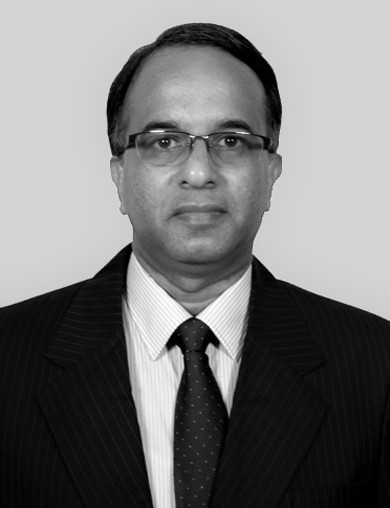
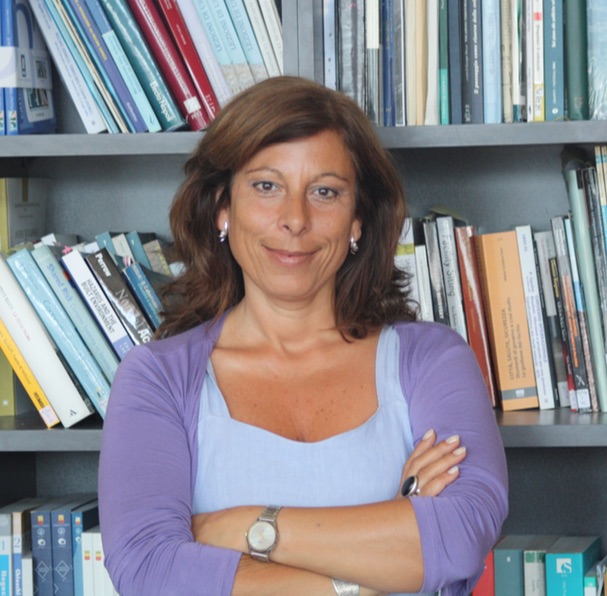
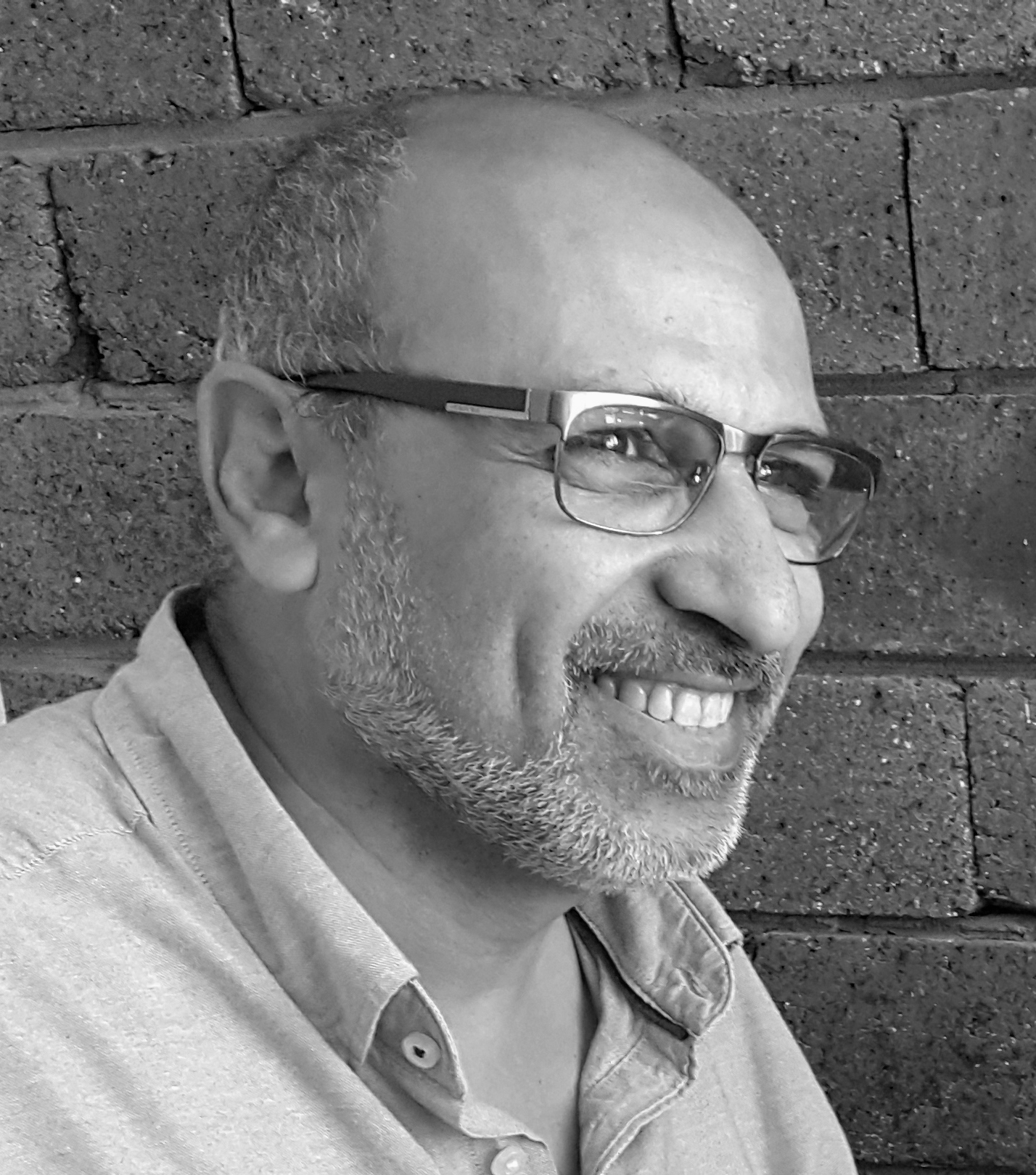
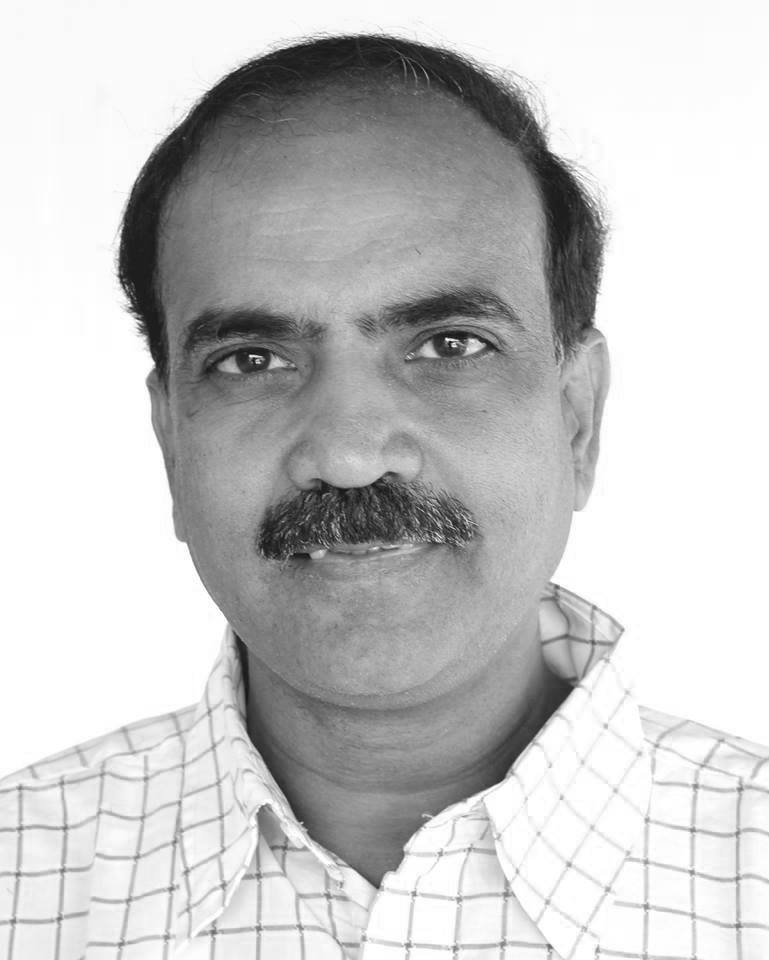

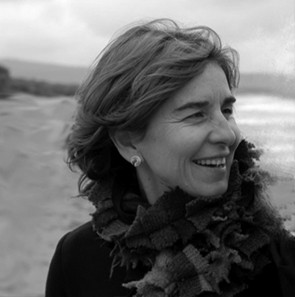
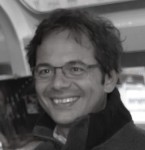
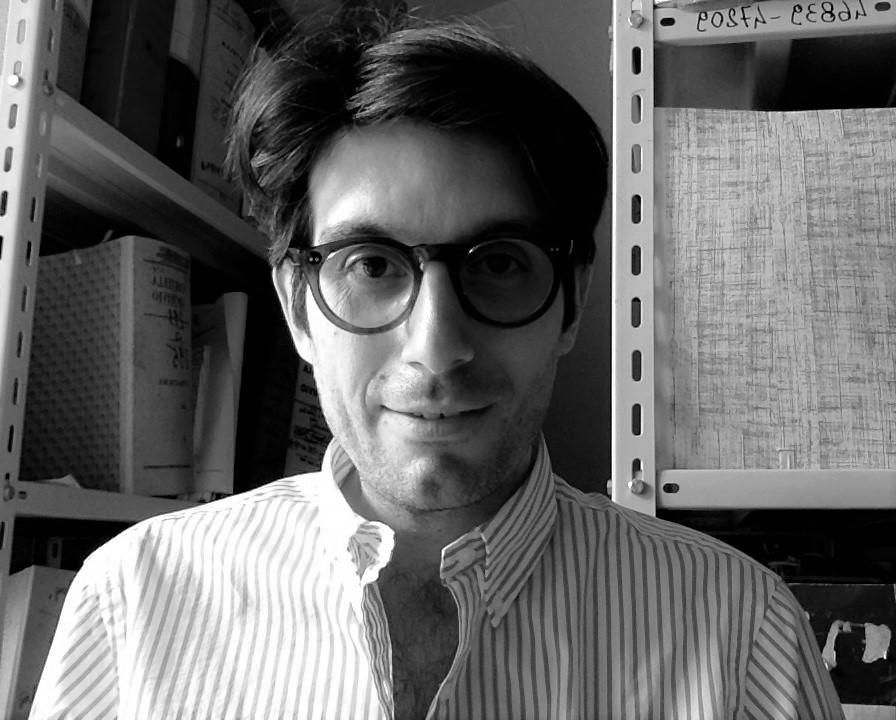
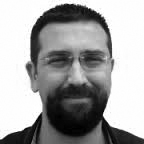
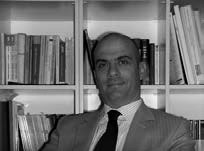
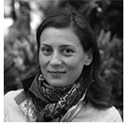
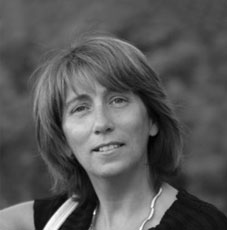
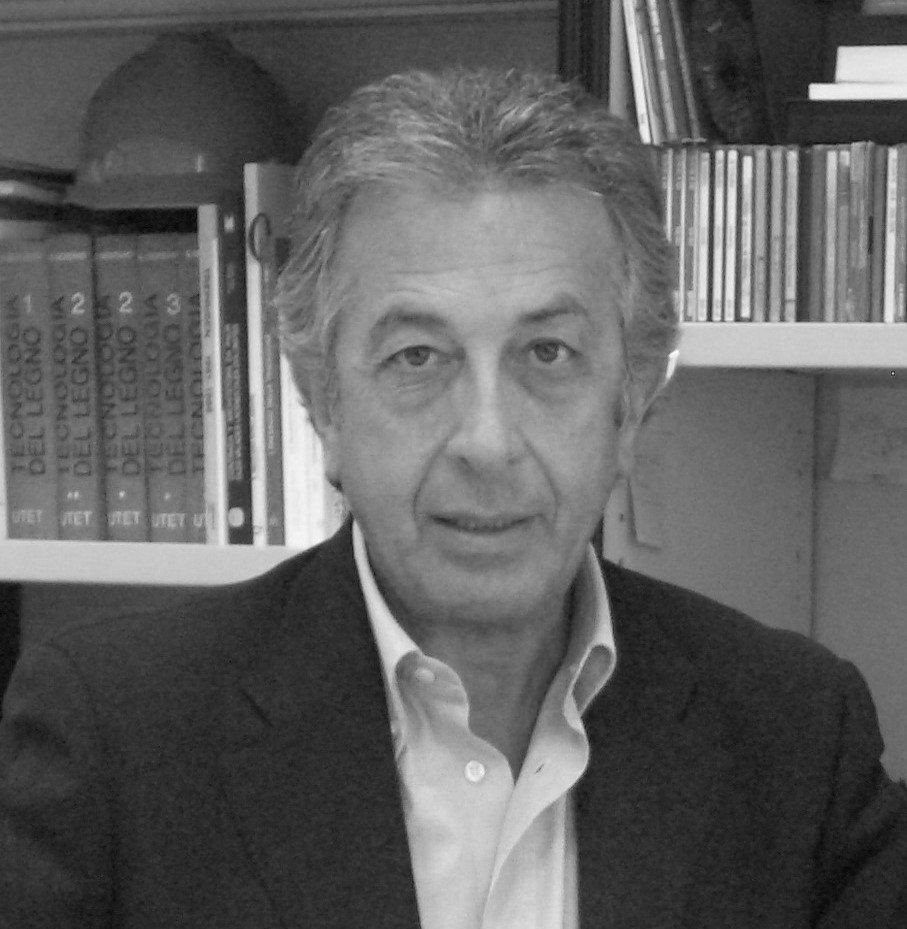
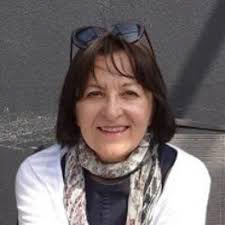
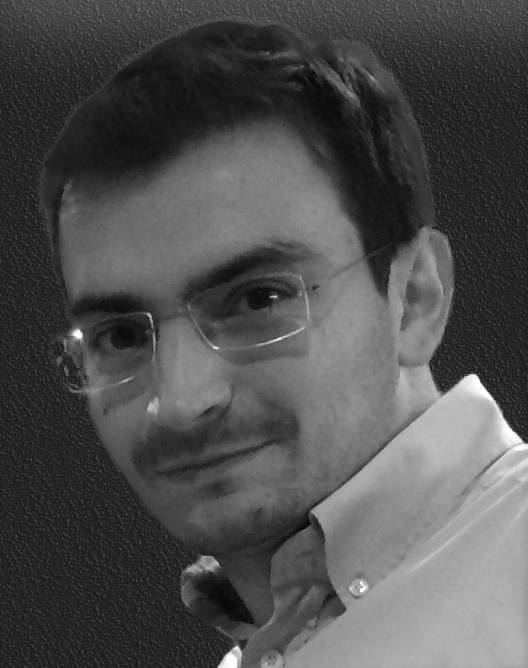
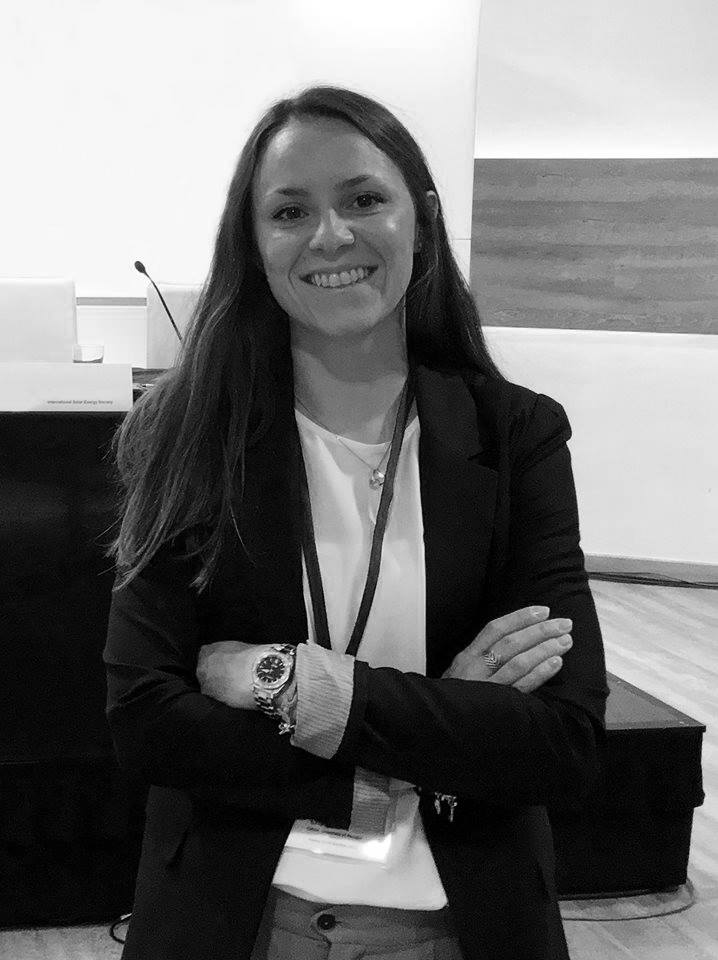
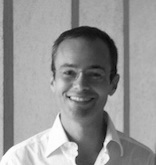
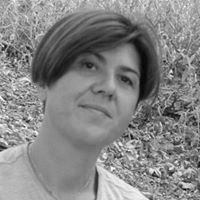


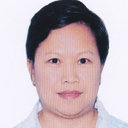
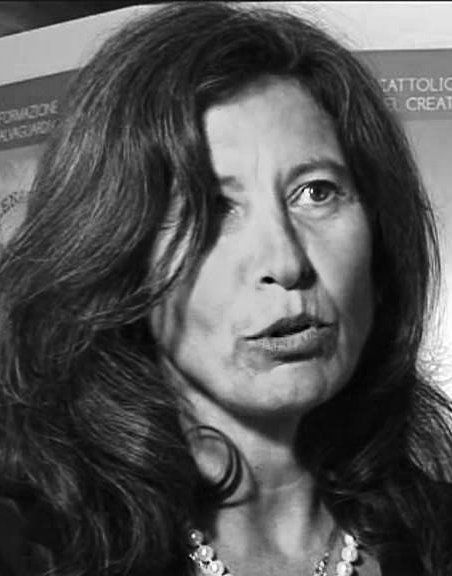
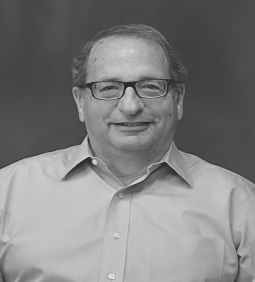
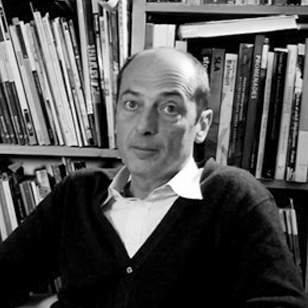
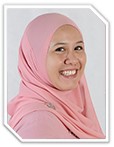
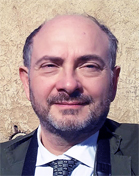
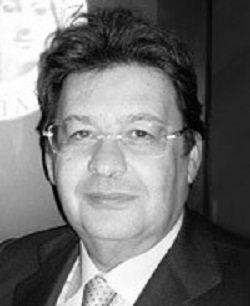
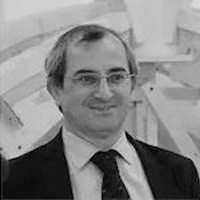
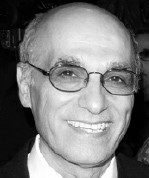
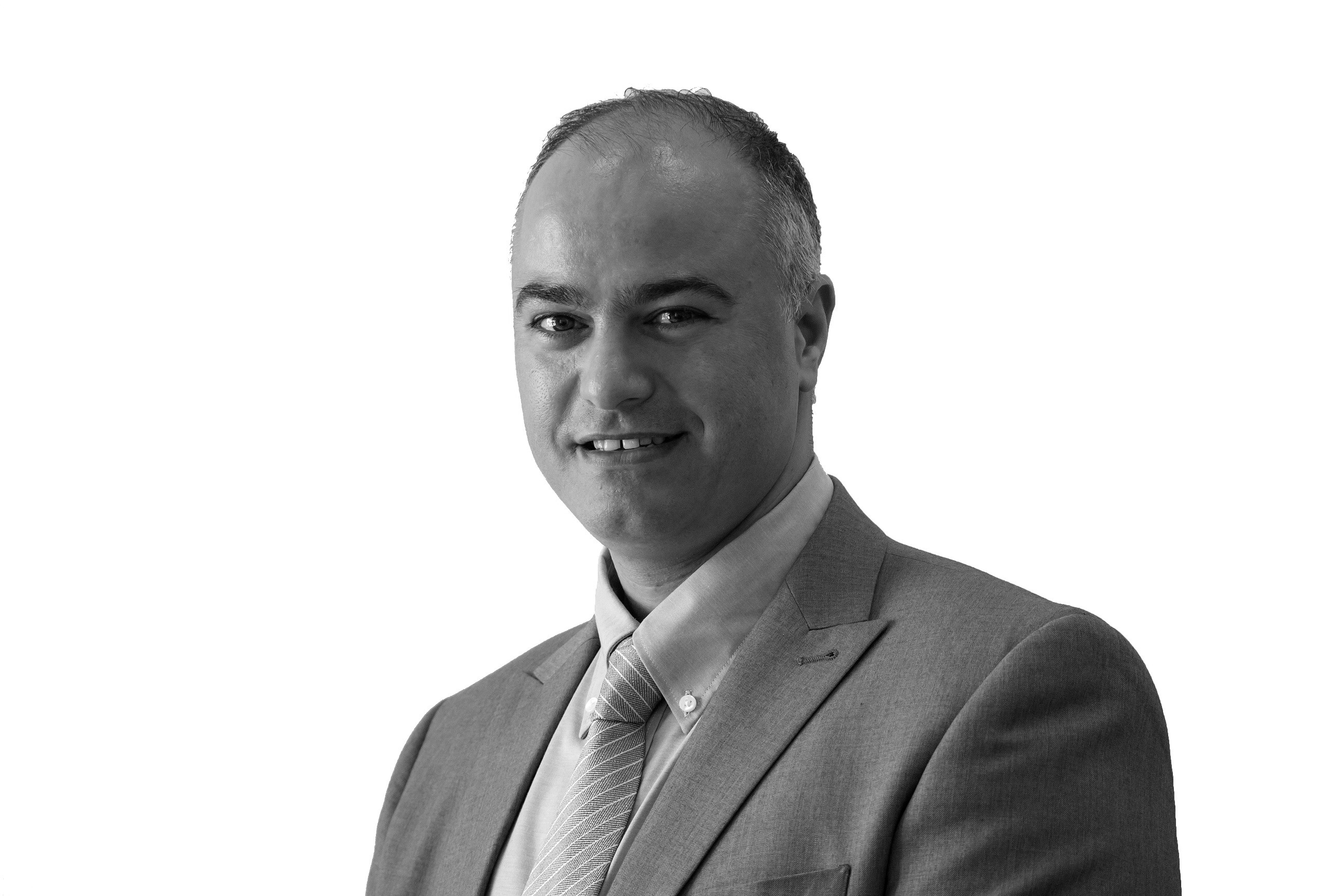
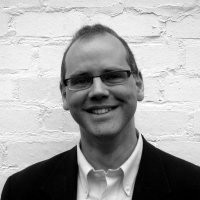
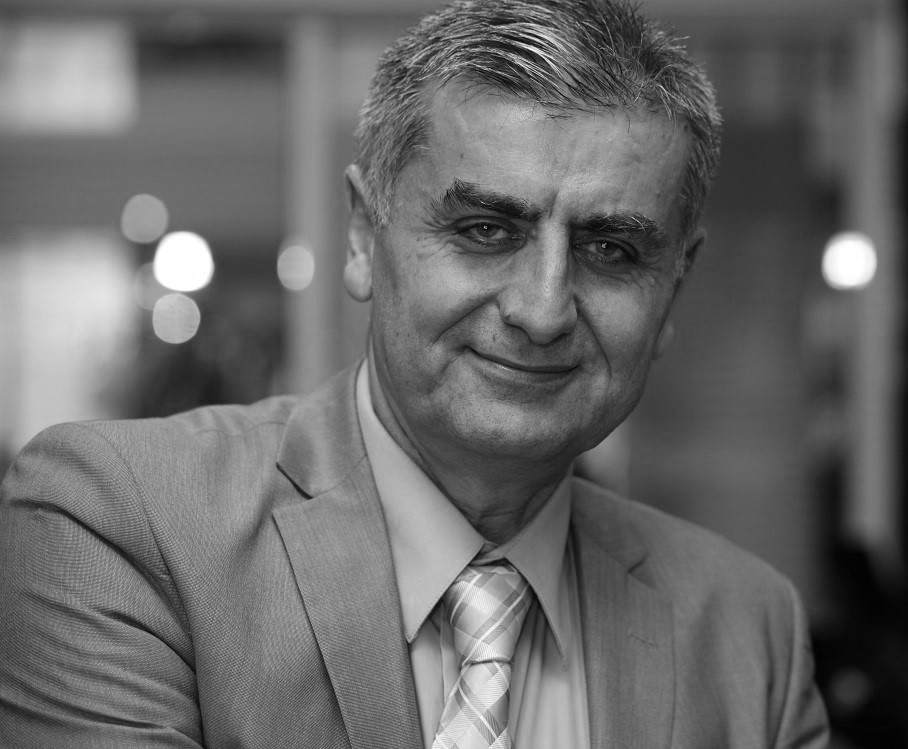
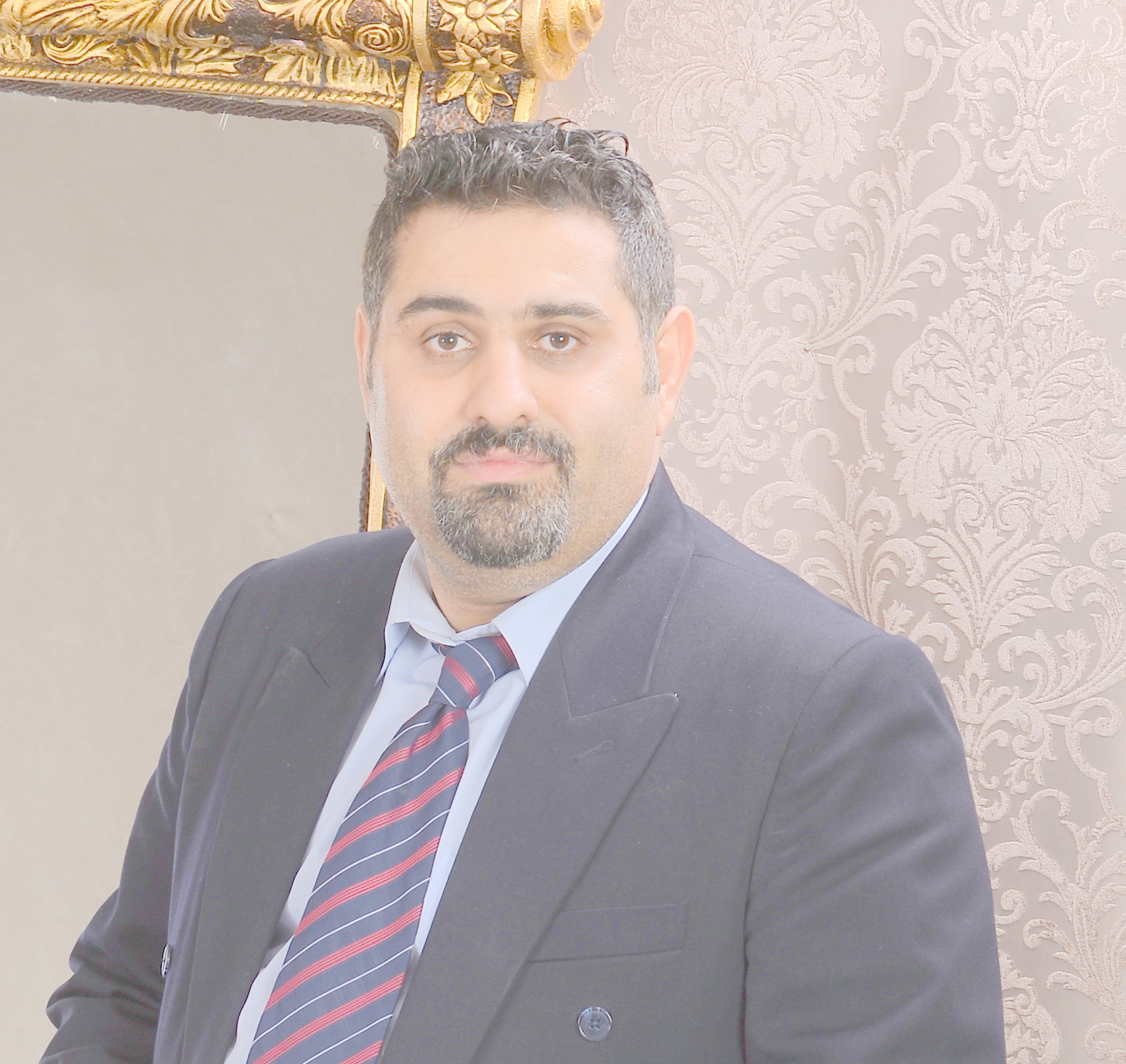
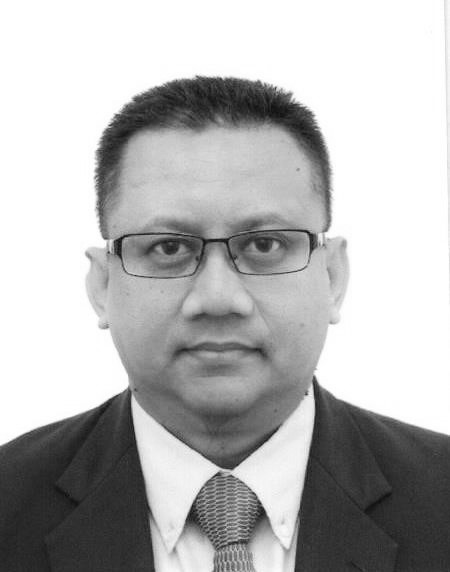
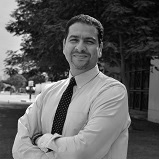
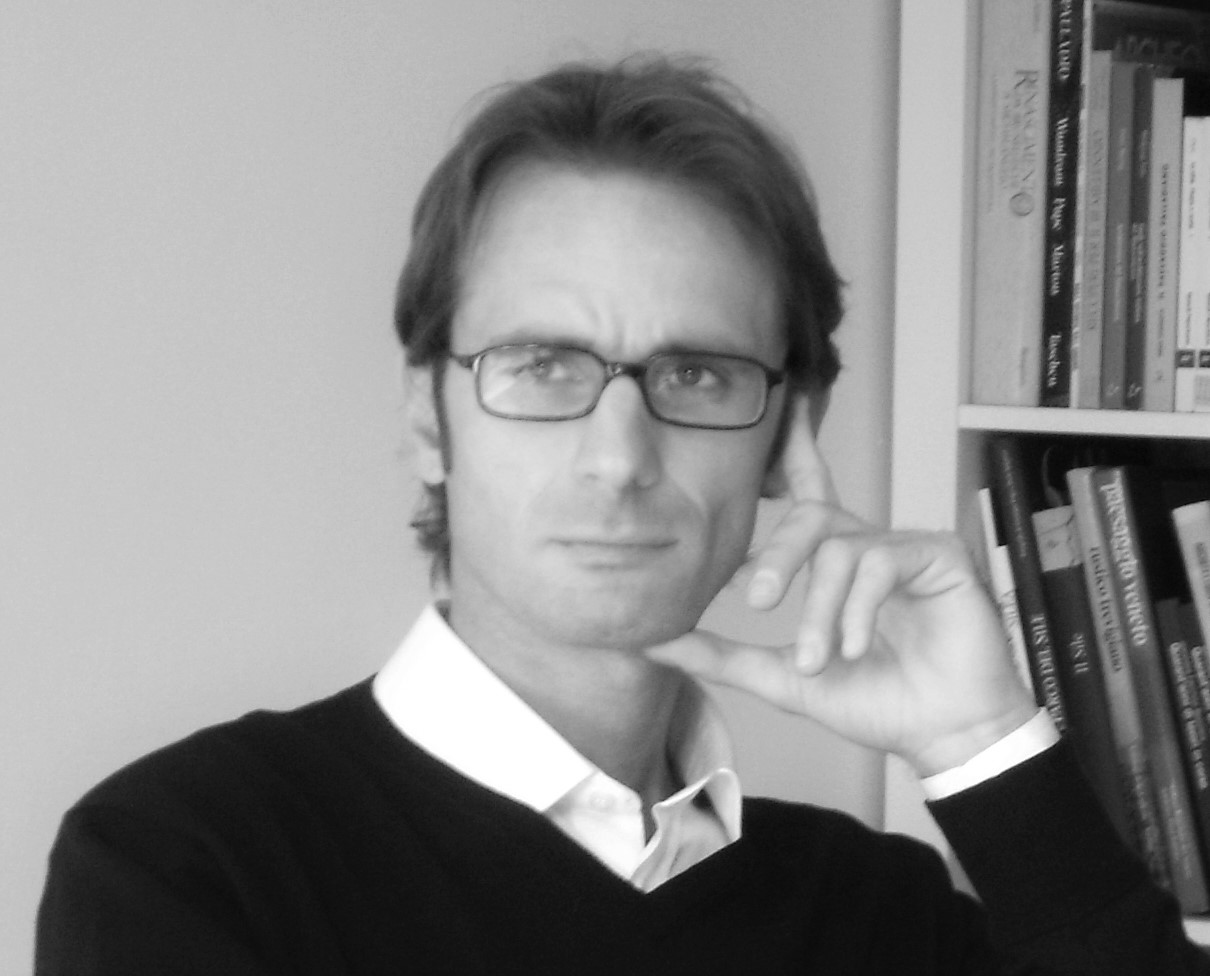
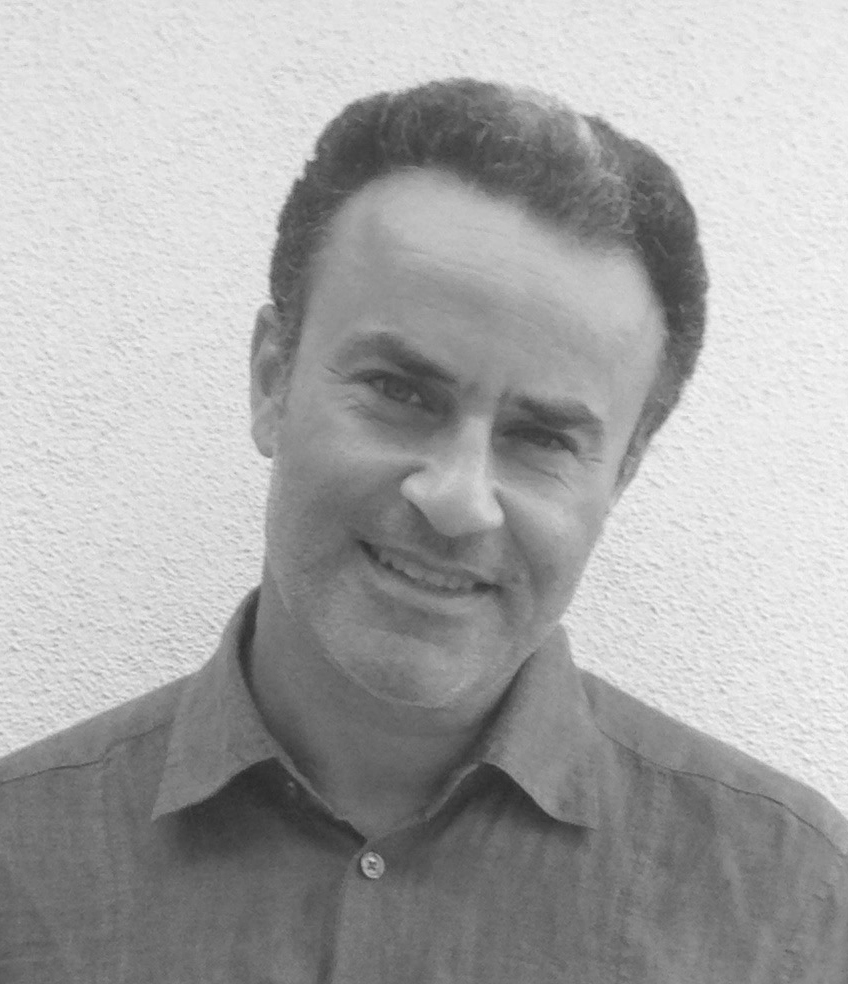
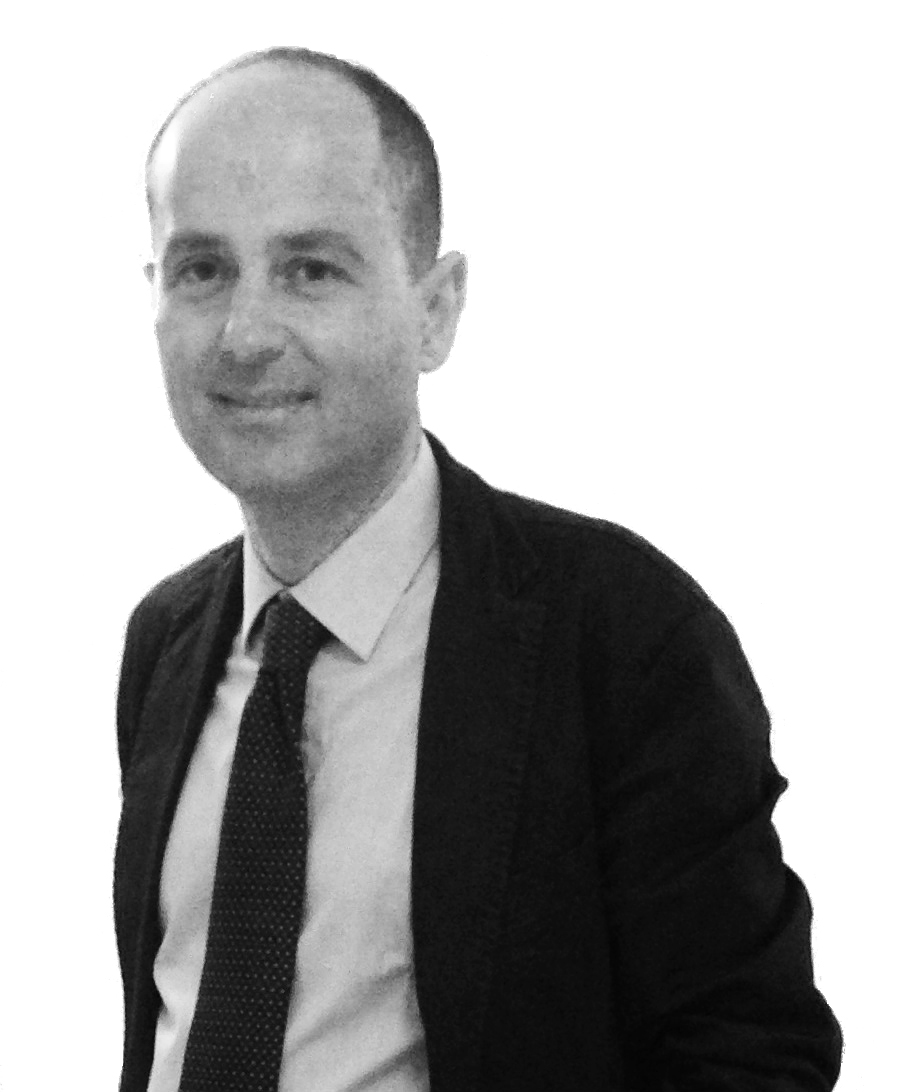
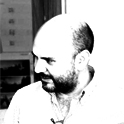
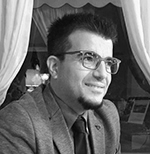
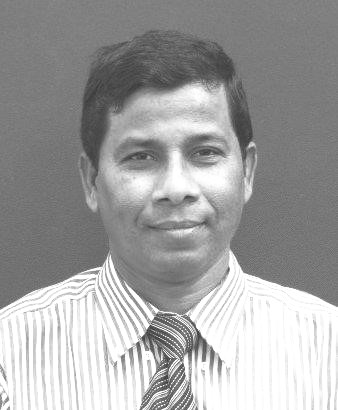
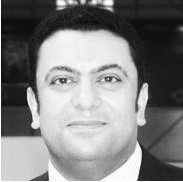

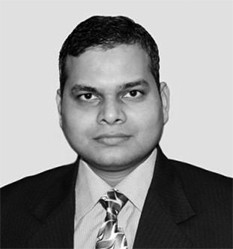
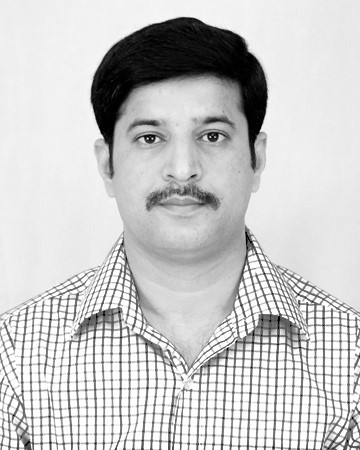
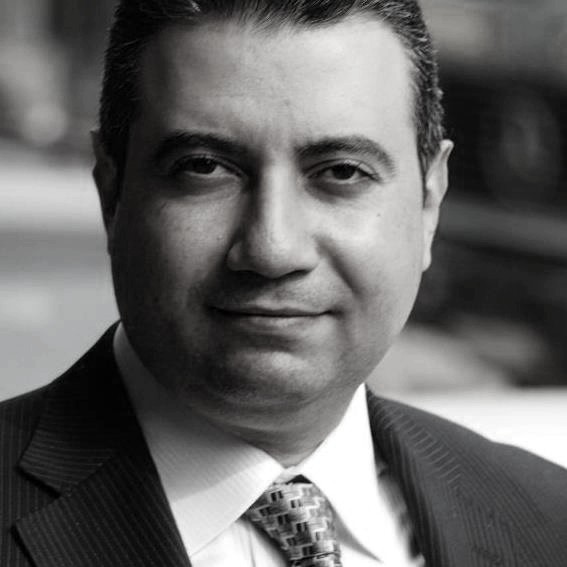
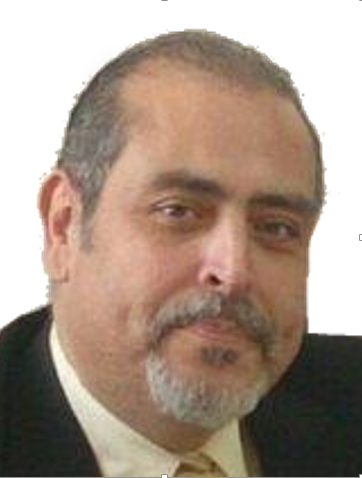
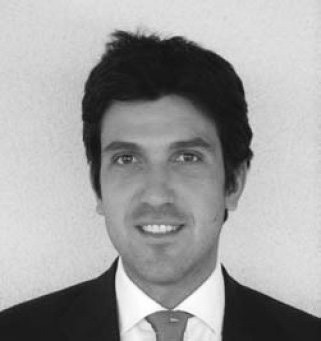
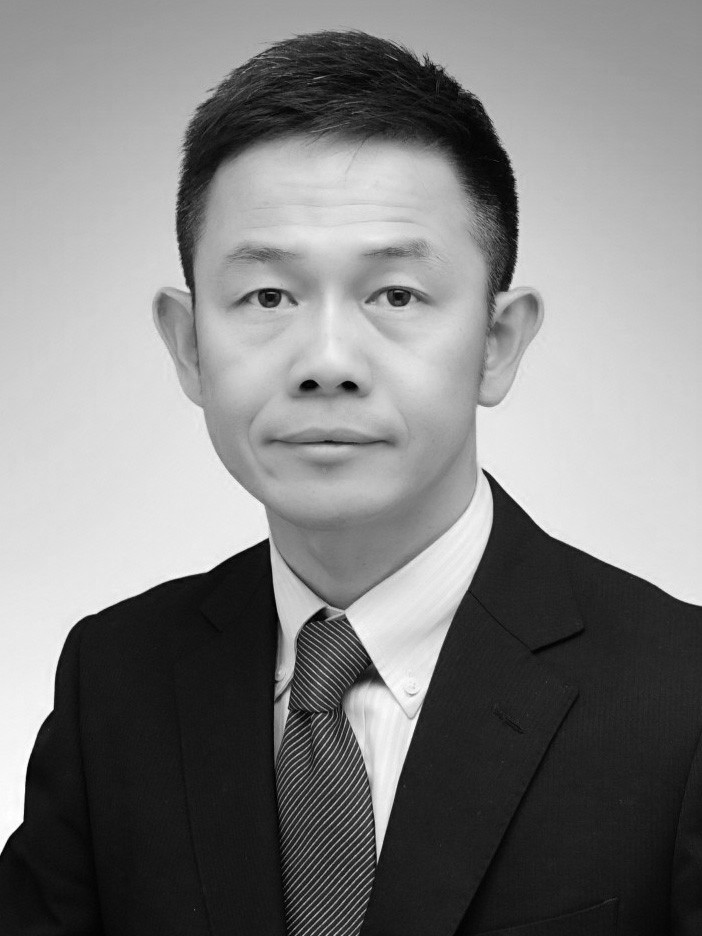
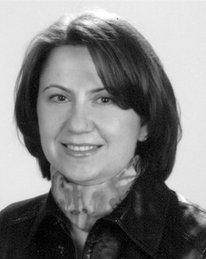
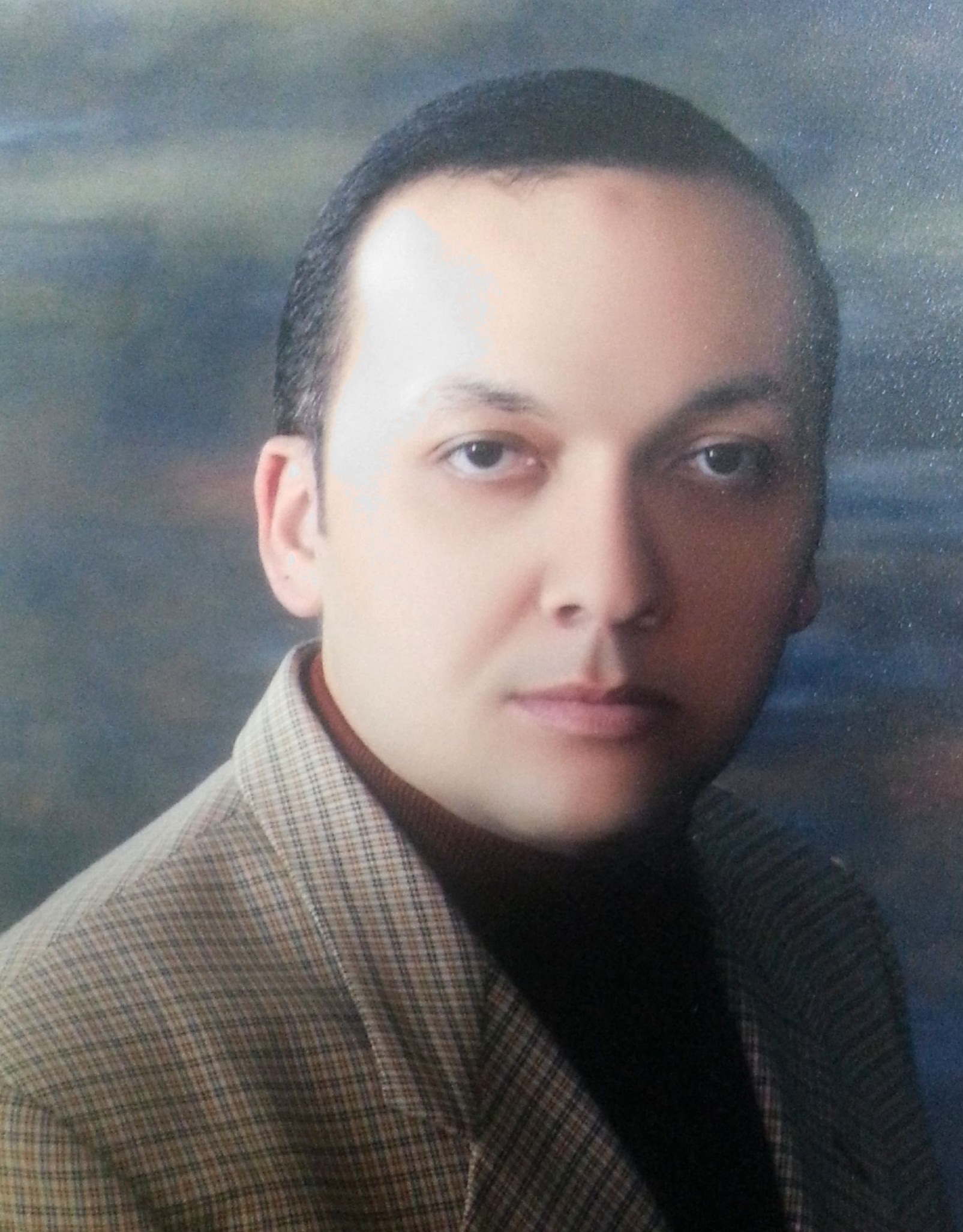
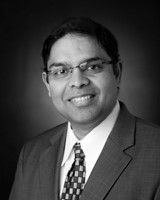






















IEREK is an official partner of IFGICT membership numberAG05082Z18
Sustainable Urban and Community development Institute
To participate from China, please contact IEREK
Professor Ferdinando Trapani
Urban Planning Department of Architecture Polytechnic School University of Palermo, Italy
Professor Antonella Falzetti
Associated professor of Architecture and Urban Design ( ICAR14) at Civil engineering and Computer engineering Department (DICII). The University of Rome “Tor Vergata”.
Prof. Ferdinando Trapani,
University of Palermo, Department of Architecture, Viale delle Scienze, Palermo, Italy
Dr. Nabil Mohareb,
Beirut Arab University, Faculty of Architecture- Design & Built Environment, Beirut, Lebanon
Prof. Dr. Federica Rosso,
Sapienza University of Rome, Department of Civil, Construction and Environmental Engineering, Rome, Italy
Prof. Dr. Denia Kolokotsa,
Technical University of Crete, Environmental Engineering Department, Crete, Greece
Dr. Sreetheran Maruthaveeran,
Department of Landscape Architecture, Faculty of Design & Architecture, Universiti of Putra, Malaysia
Marina Monir
Conference Coordinator
[email protected]
(+2) 02 33037810 | (+2) 03 5763828
+201093188470
Subscribe to our newsletter
Join IEREK community